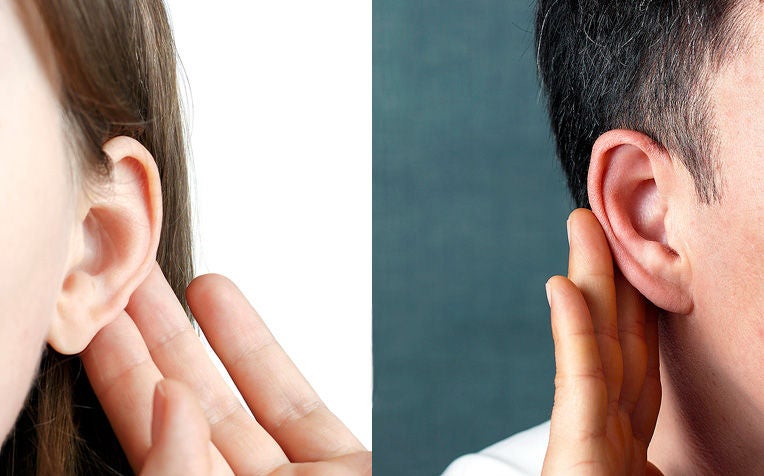1. Chronic diseases like diabetes, hypertension, and heart disease can significantly increase the risk of hearing loss.
2. Hearing loss often occurs due to damage to inner ear hair cells or auditory nerve endings.
3. Early treatment of hearing loss and management of chronic conditions can help maintain hearing and quality of life.

The chances of hearing loss increase for those with chronic diseases such as heart disease and diabetes.
Controlling chronic diseases can maintain good hearing
To maintain good hearing, it may be important to keep your heart healthy and keep chronic diseases such as diabetes and high blood pressure under control.
Hearing loss is 54 per cent more likely in people with heart disease than in those without cardiovascular disease. Even high cholesterol can impact your hearing.
“Your hearing acuity can be affected by a large number of factors. As hearing loss is often irreversible, you have an extra reason to take steps to prevent or control your chronic conditions such as diabetes,” shares Dr Barrie Tan from the specialty of Otorhinolaryngology - Head & Neck Surgery and Centre for Hearing and Ear Implants from Singapore General Hospital (SGH), a member of the SingHealth group.
How does hearing loss occur?
In a healthy ear, the eardrum vibrates as soon as it comes into contact with sound waves. These vibrations are transmitted to the inner ear where they activate the tiny hair cells and auditory nerve endings in the inner ear to send electrical messages to the brain which are recognized as sounds.
“However, when these delicate hair cells or auditory nerve endings are damaged, hearing loss can result,” adds Dr Tan.
Signs of sensorineural hearing loss
- Difficulty hearing high-frequency (or high-pitched) sounds clearly
- Difficulty hearing speech in noisy places
- Hearing muffled voices
- Tinnitus (ringing sound in the ears)
Diabetes-induced hearing loss
Diabetes, a condition marked by high blood glucose levels, can damage the inner ear’s auditory nerve endings or hair cells, affecting their ability to transmit messages to the brain. With the failure to transmit electrical impulses to the brain, the brain is unable to interpret the sound waves as sound, resulting in hearing loss.
Hearing loss caused by high blood pressure
High blood pressure (also known as hypertension) causes the heart to work extra hard to pump blood to the various organs in the body. Inadequate blood flow to the small blood vessels in the inner ear may cause hearing to deteriorate. Alternatively, hypertension may be related to artherosclerotic disease where there is a thickening of the wall lining of the blood vessels, and this may lead to poorer blood supply of the inner ear.
Heart disease linked to impaired hearing
A healthy heart plays a role in keeping hearing intact. When the heart is not functioning well, blood supply to the rest of the organs in the body will also be compromised. When the blood supply to the inner ear is affected, it can lead to hearing loss.
According to an American Journal of Audiology report, impaired cardiovascular health can affect both the peripheral (outer, middle and inner ear) and central auditory systems, particularly, among older people.
Treatment of hearing loss
Treatment of hearing loss will depend on the underlying causes.
Your doctor will conduct an ear, nose and throat examination, followed by a hearing test (audiogram) to assess the severity of hearing loss. Recommended solutions can then include medications, hearing aids (to amplify sound), surgery or cochlear implants (to stimulate the inner ear’s auditory nerves).
“Don’t let untreated hearing loss diminish your quality of life. If you have a chronic disease, your hearing may become diminished and you should seek treatment early to stay active and independent,” says Dr Tan.
Ref: S13
Check out other related articles:
Diabetes: How It Can Affect the Eyes, Heart, Kidney, Gums and Feet
10 Complications That Can Arise from High Blood Pressure (Hypertension)
Top 3 Conditions That Increase Risk of Heart Disease
Contributed by


















 Get it on Google Play
Get it on Google Play